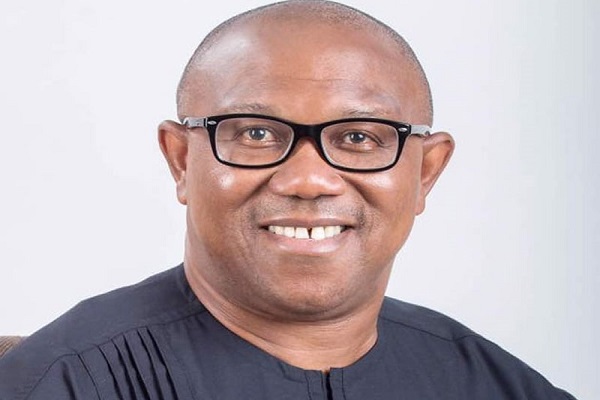NAIJA NEWS
The Independent National Electoral Commission (INEC) has again come under fire over the conduct of Saturday’s presidential and National Assembly elections.
Naija News reports that the latest on the list of critics are some international observer groups who were present across the federation to monitor the polls.
It was gathered that the International Republican Institute (IRI) and National Democratic Institute (NDI) Joint Election Observation Mission (IEOM) have expressed their disappointment in the commission, saying the performance was below the expectation of Nigerians.
The NDI/IRI 40-member joint IEOM was deployed across all six geopolitical regions of the country and observed all stages of the voting process.
According to them, INEC fell short of expectations despite the 2022 electoral reforms characterised by the new act.
The Joint Election Observation Mission, which was led by the former president of Malawi, Dr Joyce Banda, said logistic challenges and multiple incidents of political violence overshadowed the electoral process.
Banda submitted that “Despite large crowds in some polling stations and long waits, Nigerian voters demonstrated commitment to participate in the process and a strong desire to have their voices heard.
“We congratulate the people of Nigeria for their resilience and enthusiasm to participate in the process.”
In their observations that have informed preliminary findings, 27 practical recommendations were given for better elections in the future.
The delegation revealed that it observed that late opening of polling locations and logistical failures created tensions, noting that the secrecy of the ballot was compromised in some polling units given overcrowding.
The group said, “The mission notes that despite the much-needed reforms to the Electoral Act 2022, the election fell well short of Nigerian citizens’ reasonable expectations.
“Logistical challenges and multiple incidents of political violence overshadowed the electoral process and impeded a substantial number of voters from participating.
“Ongoing currency and fuel shortages also imposed excessive burdens on voters and election officials, and Nigerian marginalised groups, especially women, continue to face barriers to seeking and obtaining political office.



